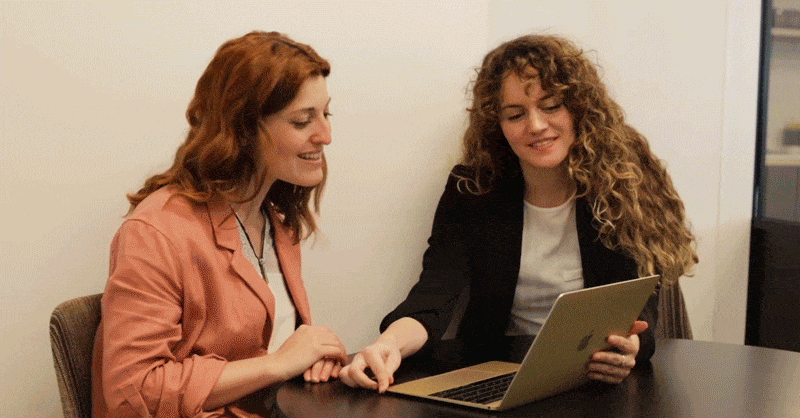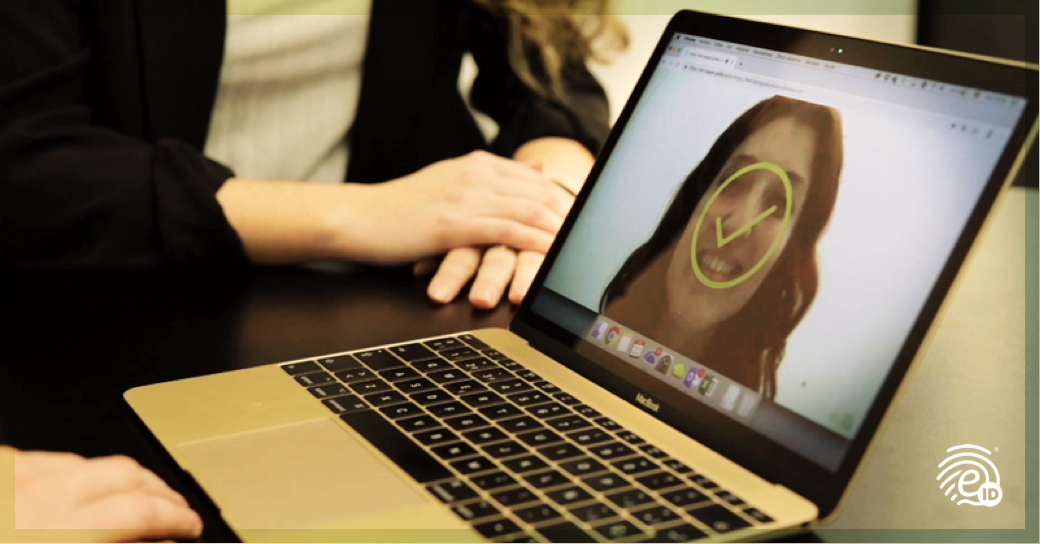In this fourth case, we will deepen our signature solution with facial identification, a simple and advanced real-time electronic signature method, available on any channel and that fits 100% with the most demanding laws.
In the previous Use Case different types of electronic signature were explained in-depth, taking into account eIDAS regulation and its rules for trust services.
Advanced electronic signature
eIDAS and AML5 regulations set security standards in relation to digital signatures. These directives focus on allowing electronic signatures when customer identification has happened remotely online through video.
Get to know the in-depth the changes eIDAS and AML5 have introduced and how to take advantage of the situation by downloading this guide.
The advanced electronic signature is a digital signature valid for any type of transaction and at any level of risk. It is allowed in situations where a level of security equivalent to face-to-face identification is required according to AML5 regulations.
Other types of electronic signature:
- Simple: These are electronic data attached to a document, used by the user to sign. It produces legal effects although it only works for processes that do not require a high level of security, such as car insurance or contracting internet plans. It presents risks and low reliability.
- Qualified: It is created by a qualified electronic signature creation device and is based on a qualified certificate. A qualified electronic signature will have a legal effect equivalent to the one of a handwritten signature.
Facial IDentification Electronic Signature
In this process, the signatory person, the client, signs a document in a fully digitized and online way, both remotely and in-person, taking as evidence of the signature his face on any camera device.
The process is carried out as follows:
- The document to be signed is shown to the client, being able to read and review it in high definition.
- The user, agreeing on it, presses the “sign document” button.
- The client is requested to show his face and smile, as valid and effective proof of conformity with the contract for signature registration.
- The document has been signed with an electronic certificate provided by a natural person, with all the guarantees and with a timestamp (it validates the signature at the concrete time and date).

Upon completion of the process, the contractual relationship between the signer and the company or entity automatically enters into force if the contract has stipulated it since the signed document is sent immediately to both parties and contractual actors.
This causes a paradigm shift in relation to traditional methods used for this type of paperwork. The use of advanced electronic signature with facial identification reduces costs, shortens time, eliminates tedious bureaucracy and offers users a unique and satisfying experience.
Signature application with Facial IDentification
This type of signature is used to register the identity and our signatory disposition in different processes and contracts, in addition to the validation of any type of documentation.
This process is applied, among others, in:
- Documents validation in ATMs.
- Contracts signing and acceptance of online conditions anywhere.
- Validation and acceptance of contracts in the bank branches themselves, stores or other commercial offices.
If you also want to know how facial identification is applied in payment processes, visit this article.
Facial IDentification Technology
Advanced electronic signature with facial identification is only possible thanks to the combination of SmileID (our facial biometric recognition technology) and SignatureID (advanced electronic signature technology) technologies.
All our technologies rely on the use of the most advanced techniques in artificial intelligence and machine learning, which provide a top-quality experience with the most advanced safety standards.
All our solutions comply with the laws and regulations in force regarding money laundering (AML5), eIDAS and KYC (Know Your Customer) procedures.
If you want to try this technology in the first person and know how it can help your business, request a live demo.





